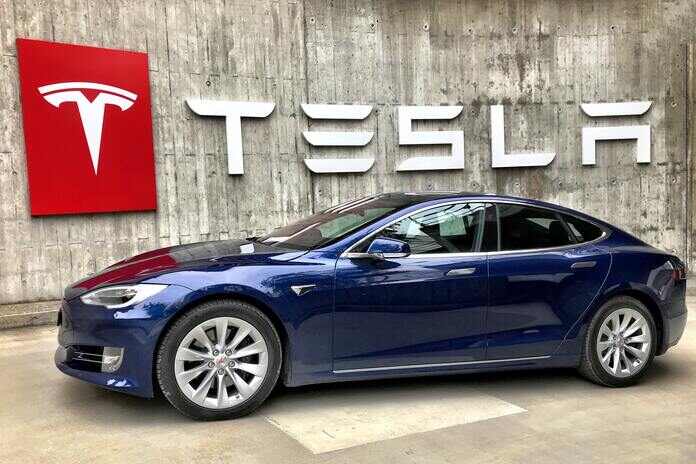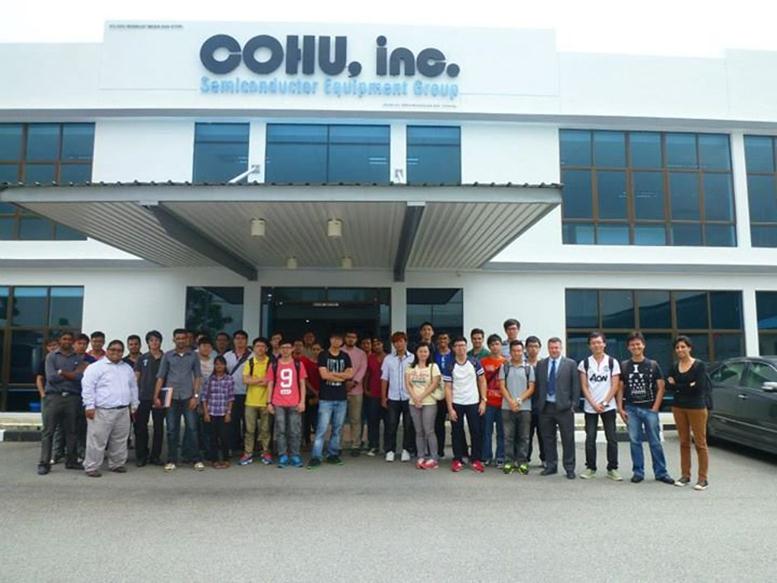Tesla (NASDAQ:TSLA) is on the cusp of delivering its highly anticipated Cybertruck, slated for November 30, a delivery timeline that has been over two years behind the initially projected schedule. When CEO Elon Musk first unveiled the Cybertruck prototype in 2019, he promised a vehicle boasting over 300 miles of range at an approximate price of $50,000 – positioning it as a more affordable option than the Ford F-150, America’s top-selling pickup. However, Tesla has encountered setbacks, with specifications being removed from the Cybertruck order page and Musk expressing concerns about cost and manufacturing challenges.
Despite initially advertising starting prices ranging from $39,900 to $69,900, Tesla is grappling with increased production costs and inflation, potentially pushing the Cybertruck’s price to around $60,000. In a recent earnings call, Musk acknowledged that the production ramp-up for the truck posed a challenge akin to the past “production hell” experienced by the company. He cautioned that achieving volume production and substantial cash flow from the pickup might take another 18 months.
Musk further stated that Tesla is unlikely to reach an annualized production rate of 250,000 Cybertrucks until sometime in 2025. Some analysts believe, due to cost overruns and production delays, Tesla should reconsider the Cybertruck altogether. Jeffries, in particular, suggested that canceling the Cybertruck would benefit Tesla’s shares, arguing that the truck deviates from Tesla’s mission and diverts resources from high-volume global segments of its existing vehicles.
Numerous challenges have impeded the Cybertruck’s production, including the use of a stainless-steel alloy for its body. While corrosion-resistant and paint-free, this material is expensive and poses challenges in shaping and welding. Additionally, the alloy is heavier than the steel used in other vehicle bodies. Last month, Tesla announced a shift to an 800-volt architecture for the Cybertruck, departing from the 400-volt system used in its other vehicles, citing cost savings for heavier vehicles. The production delay is also attributed to challenges in scaling up the manufacturing of Tesla’s new 4680 batteries.
The ultimate success of Tesla’s Cybertruck may hinge on cost competitiveness. To rival Ford’s electric F-150 Lightning, which starts at $50,000, the Cybertruck must offer an equally compelling price. However, as production scales up, Tesla could benefit from built-up demand, with Musk revealing that over a million people have already reserved a place in line for the Cybertruck by putting down a $100 deposit. This substantial demand base is expected to sustain several years of Cybertruck sales for Tesla.
Featured Image: Unsplash Tesla © Fans Schweiz









